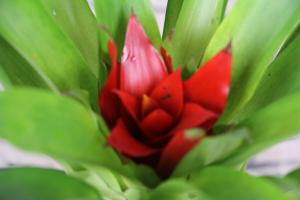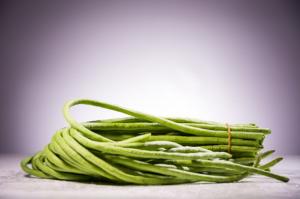Can Olive Trees Be Indoor Plants?
Olive trees are known for their beauty, robustness, and resilience. They are among the most popular trees planted in gardens and parks, and their fruits are renowned worldwide for their flavor and health benefits. But can olive trees be kept indoors as houseplants? The answer is not straightforward, and it depends on several factors.
The Challenges of Keeping Olive Trees Indoors
Although olive trees can grow well in indoor conditions, they face several challenges that affect their health and growth. One of the most significant factors is lighting. Olive trees require abundant sunlight to grow and produce fruit. In their natural habitat, they receive at least six hours of direct sunlight per day. In contrast, indoor lighting provides a fraction of that, meaning that olive trees will receive fewer nutrients and be more susceptible to pests and diseases.
Another challenge of keeping olive trees indoors is temperature and humidity. Olive trees prefer warm, dry climates and do not tolerate extreme cold or wetness. In indoors, they are exposed to temperature fluctuations and moisture levels that can affect their root system and growth. Additionally, indoor air tends to be less pure than outdoor air, meaning that olive trees may be exposed to toxins and pollutants that can damage their leaves and fruits.
The Benefits of Keeping Olive Trees Indoors
Despite the challenges, keeping olive trees indoors can have several benefits. For one, they add a Mediterranean feel and aesthetic to any home or office. Olive trees are distinctive and elegant, with their shiny leaves and gnarled trunks. They make excellent focal points and can be used to decorate various spaces, from large living rooms to small balconies.
Moreover, olive trees have several health benefits that make them ideal as indoor plants. Their leaves contain oleuropein, a natural compound that has been found to boost the immune system, lower blood pressure, and fight cancer cells. Also, olive trees are excellent at purifying the air, removing toxins and pollutants and improving air quality. They can absorb carbon dioxide and release oxygen, making them natural air purifiers for indoor spaces.
The Tips for Keeping Olive Trees Indoors
If you want to keep olive trees indoors, some tips can help you maintain their health and beauty. First, choose a suitable location that receives the most sunlight possible, such as a south-facing window or balcony. Use a good quality potting soil and ensure that the pot has drainage holes to avoid waterlogging. Water the olive tree moderately, ensuring that the soil is neither too wet nor too dry, and fertilize it every two to three months with a balanced fertilizer.
Also, prune the olive tree regularly to encourage new growth and remove dead or damaged branches. Use sharp, clean tools and avoid cutting too much at once. Finally, keep an eye on pests and diseases and use natural or organic remedies to prevent or treat infestations. Common pests that affect olive trees include spider mites, scale insects, and mealybugs.
Conclusion
In summary, olive trees can be kept as indoor plants, but they require careful attention and maintenance to thrive. They face several challenges, such as lighting, temperature, and humidity, but they also have several benefits, such as beauty, health, and air purification. If you decide to keep olive trees indoors, follow the tips mentioned above, and enjoy their natural beauty and benefits.

 how many times do yo...
how many times do yo... how many planted tre...
how many planted tre... how many pine trees ...
how many pine trees ... how many pecan trees...
how many pecan trees... how many plants comp...
how many plants comp... how many plants can ...
how many plants can ... how many plants and ...
how many plants and ... how many pepper plan...
how many pepper plan...
































